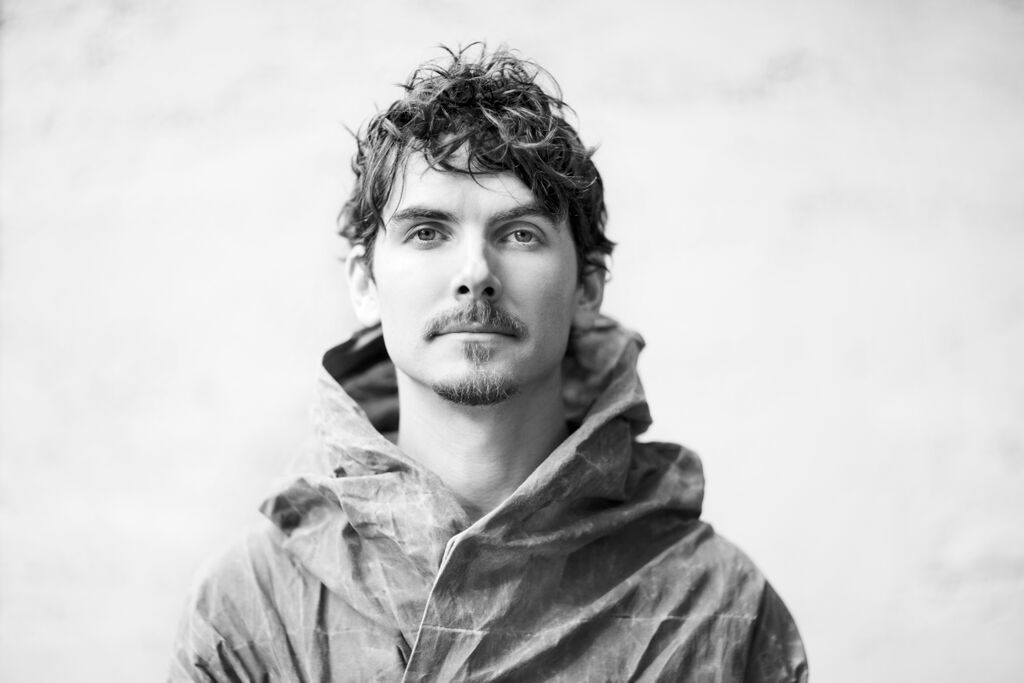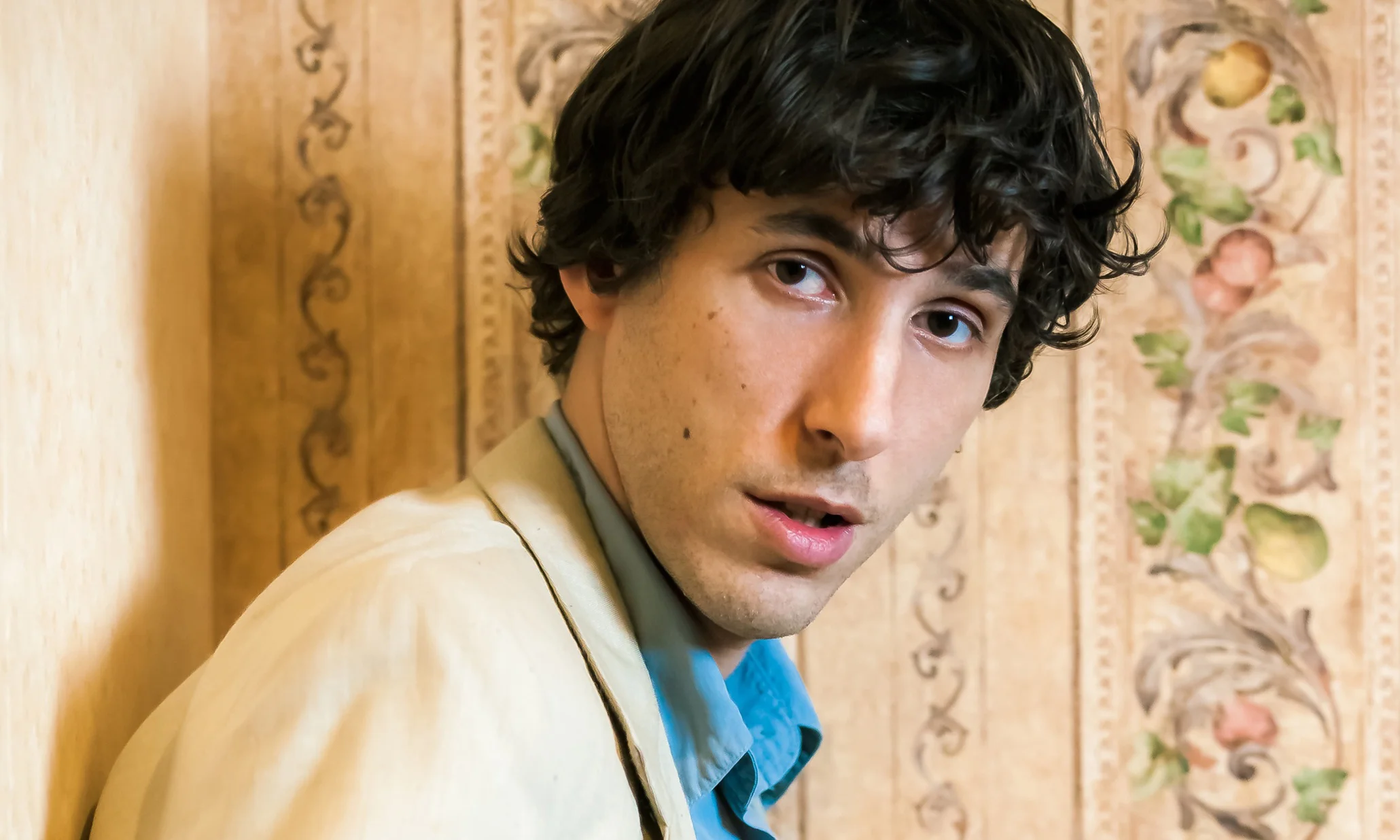I’m one of those weirdoes who actually gets excited for the weeks when new magazines drop. I get my art fix with Juxtapoz and ArtForum. Politics get imbibed with the New Yorker and the Atlantic. The need for weed is expressed through Heads. Fashion frenzies with Purple and Arena Homme+. Rock n’ rolling with Mojo. Freaking out in experimental music with the Wire. But it wasn’t until this past summer when I discovered a thick UK-based magazine called Viper that I’d get to read about hip-hop in an intelligent and creative manner (the Source isn’t really doing the trick anymore).
That issue, the Spring/Summer 2015, immediately spoke to me. A fantastic block letter logo emblazoned upon a cover depicting two of the best MCs on the planet, Earl Sweatshirt and Vince Staples. On the inside, I found a magazine that was creatively akin to much missed culture and fashion magazines like Index and the Face. It isn’t just about the music; it examines hip-hop as a culture and a lifestyle. There was an ode to the late A$AP Yams. There was an examination of the cultural and fashion impact of FILA. A photo series documented the migrant crisis of Greece. Not to mention, articles on some of hip-hop’s most under-praised and creatively fertile artists: Milkaveli, Earth Gang, and the aforementioned Earl and Vince. Here was a magazine that gave life to the love that hip-hop inspires. This magazine, revolutionary in its impact to the culture it targets, is the brainchild of the young North London-hailing music journalist Lily Mercer.
Mercer was studying fashion journalism before growing disenchanted with the industry, generating a knack for interviewing rappers. Quickly she found herself generating bylines with respected music rags like Noisey and Clash. Noted for her taste making talents, she was given her own radio show through Rinse FM, The Lily Mercer Show, that airs Monday morning from 1 to 3 am where she breaks grime artists and Chicago MCs on a regular basis. Viper Mag was unleashed upon the world as a 50-page zine in 2013. It was born out of frustration. Mercer wanted to read the magazine that the hip-hop community deserved. So, in a naively punk manner, she did it her fucking self. “I was trying to find a magazine that I enjoyed reading, and there were none,” says Mercer. “So, I made my own. And we are all the luckier for it.”
The magazine is now 150 pages deep and holds an accompanying website that is updated daily. Mercer also keeps a personal blog where she espouses on all manner of her ideas and beliefs. It is no small feat becoming a personal brand in the world of journalism (I should fucking know, believe me), so it’s all the more impressive that Mercer has become something of a celebrity in her own right. She has done so through buckets of knowledge, insane enthusiasm, and an unbridled work ethic that flips millennial stereotypes on their heads.
Holding my Earl/Staples issue of Viper, I gave Mercer a ring on Skype. We had a wonderful conversation spanning her career in hip-hop, fashion and hip-hop, hip-hop culture, hip-hop politics, and lots of other things hip-hop. Enjoy.
Adam Lehrer: We always talk about Golden Ages of hip-hop—, late ‘80s, mid-90s. But people never seem to realize that they’re living in a Golden Age. Do you think we’re living in a Golden Age of hip-hop right now?
Lily Mercer: I do. For me, it started in 2010. Now, I look at the artists I listen to. The only thing I would wonder about is the longevity. I don’t know if they are lyrically better artists, but for me, there are way more interesting artists now.
AL: There are your Kendricks and your Earls, but hip-hop has gotten more adventurous sonically. I like shit from the bottom up—from Dr. Yen Lo on the underground, to the stuff that Future put out this year in the mainstream. The pop artists and the underground artists are all good.
LM: I agree. When an artist like Kendrick gets to the level where he is now, that’s when you realize how many new artists are out there.
AL: Do you remember the moment you fell in love with hip-hop?
LM: Yeah. There were two songs. One was “Wishing on a Star” by Jay-Z. Weirdly, that’s the Jay-Z [track] that no one thinks of. My mum had grown up playing Motown, so there was a soul connection. It was hearing a song that was accessible but also quite deep. To me, those songs were quite profound at eight years old. After, when [rap] became an obsession, was when Eminem came out. That was a gateway drug. He’s a white rapper with middle class parents. I was a middle class kid, so it was the kind of hip-hop that was acceptable.
AL: There was an interview the other day with Vince Staples and Mac Miller, talking about the difference between white rappers and white guys who rap. White rappers come with all the stereotypes. White guys who rap are the guys who do it and respect the culture and the history.
LM: I’ve always said I’m quite racist because I never liked white rappers much. I didn’t actually listen to Mac Miller until recently. I do like his music now. I don’t know why I don’t listen to white rappers as much. This might sound weird, but white people in the industry don’t like other white people in the industry. There’s only one person around in this clique. You sit outside; I’m in this crew. They get cold towards you. I never understood that, but maybe that’s why.
AL: How did you realize you wanted to be on the editorial side of the industry, as opposed to making music or working in publicity?
LM: I’m musically disabled. I can’t read music. I can’t count beats. You would be surprised how little I know about the technical side of music. The business side can be shady, so I didn’t want to get into the business side of the industry.
As a five-year-old child, I was collecting magazines. Then, I ended up at fashion school doing fashion journalism. As soon as I finished, I thought about how much you could spend on a handbag, and I fell out of love with fashion. I graduated, then, literally a month later, I started interviewing rappers. I could create the images and the writing with authority.
AL: That’s interesting that you fell out of love with fashion. What was your relationship to fashion before?
LM: I always loved fashion. At age 5, I was dressing myself. My mum taught me how to sew. I always wanted to be a fashion designer. I met Alexander McQueen when I was about 14. I was out drinking one night (the drinking is 18, but we used to get away with it much younger). I just went over to him and said, “You’re my favorite. I love you.” It sounds weird, but if I had become a fashion designer, I would want to be better than Alexander McQueen. And that’s impossible. There was nothing I had to offer the fashion world.
AL: Fashion is weird for me. I come at it from more of a music angle. I didn’t know about it brand-wise until Kanye West lyrics, to be honest.
LM: It’s funny, I used to dress like A$AP Rocky before A$AP Rocky. I thought, “These rappers are getting into fashion.” I think it’s a good thing for the fashion industry. The fashion industry benefits more than the music industry does.
AL: It’s crazy. You see men wearing Rick Owens’ dresses because A$AP Rocky said they look cool in a song.
LM: Especially with the whole skinny jeans thing. it was so skinny, then it went to baggy, then it was back to skinny. More than fashion, I’m really into street fashion and street culture. In London, we have a very large Caribbean community. Growing up in East London, the best-dressed men were Jamaican. If you asked me my fashion icon when I was growing up, it would have been Ghostface, with the gold, the Wonder Woman bracelet.
AL: Ghostface is my favorite MC of all time.
LM: Me too. He might as well be number one, because he’s all around—lyrics, interests. His imagination is cool. The way he speaks to people is amazing.
AL: It’s interesting, he’s hyper-literate with his lyrics, but in interviews, I can’t always understand him.
LM: One of my worst/best interviews was with him. It was in a caravan before he went on stage. He basically said I had two minutes. And I thought, “What am I going to do in two minutes?” He looks at me and says, “Are you going to start?” As soon as he said that, I snapped at him and said, “No, you’ve given me two minutes, what the fuck am I supposed to do?” He started smiling, and went from being in a really bad mood to being happy. Two days later, my friend saw him in the airport, and he said, “Oh, your friend was that cool blonde girl.” I can die happy now.
AL: You clearly are internet-savvy. How did you start to learn the power of the Internet? When did you realize how powerful it could be?
LM: It was all in building my own website. I’m not totally [internet] literate, I’m still figuring things out. It took me years to figure out how to use the Twitter handle properly. I’ve never tried to get followers out of anything. I’ve always been quite natural about it. Being a broke journalist, the Internet has made my career in London. If I were into rappers ten years ago, I wouldn’t have anywhere to go. The blog and Twitter have given me a bit of a following.
AL: How did the Lily Mercer Show, your radio show, come into fruition?
LM: It’s funny, I never thought I would do radio. But I was living in Queens. I got a DM on Twitter from this girl asking, “Did you ever think about having your own radio show?” She really knew about the artists I was playing, when no one else knew about them. These weren’t big people yet; they were really just my friends. She thought that would translate well into a radio show. I thought about staying in New York, because that’s where a lot of new things were happening. But when I got back to the UK and started working with Rinse, they asked me to do the show by myself. That was the summer of 2012. The show has been weekly since February 2013, which is crazy.
Nobody knows how big Rinse is in the UK: dubstep, grime, jungle, garage—all these really significant movements that were happening in the UK were broadcasted by Rinse when it was illegal. It was an illegal pirate radio station. They were literally climbing up random rooftops to get it broadcasted. That’s the most rebellious thing in the world. I love being on a stage with that history.













